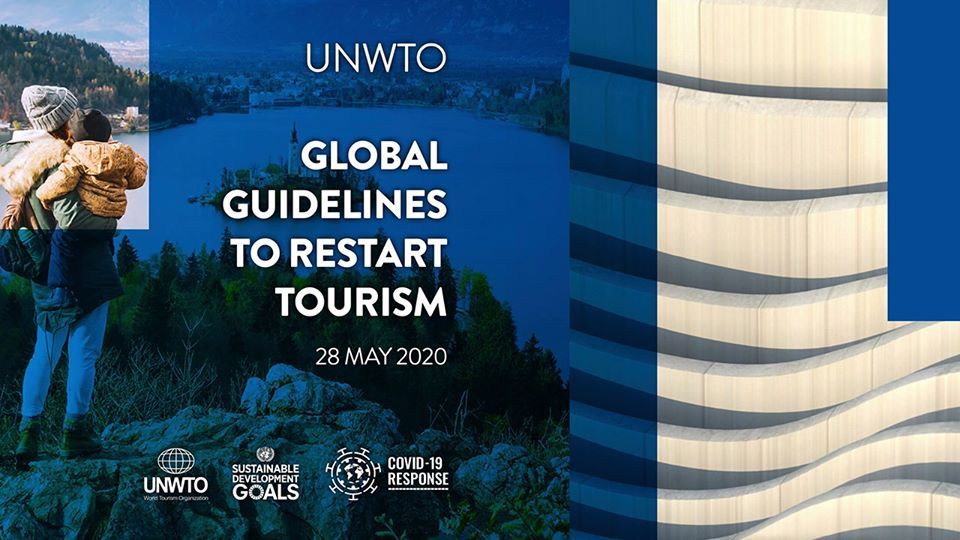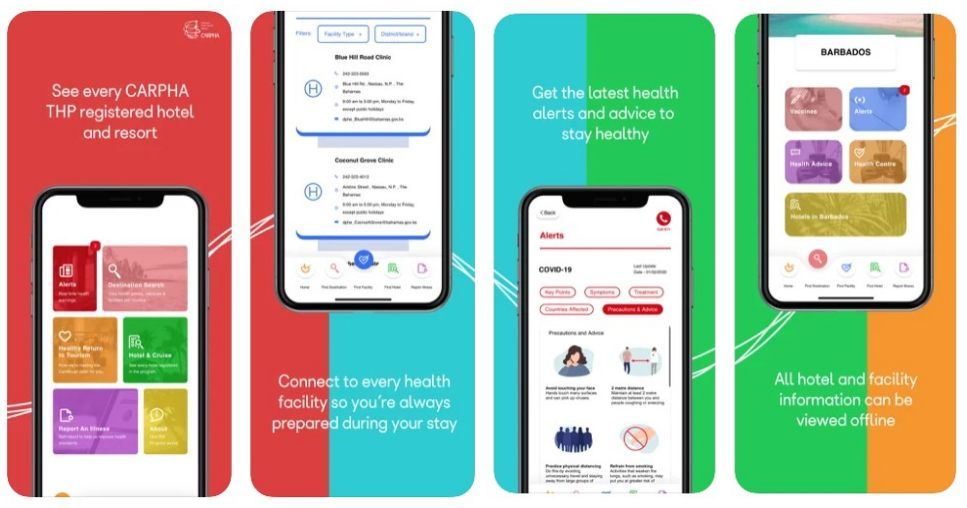In 2020, the pandemic brought the curtain down on entertainment across the nation as sports, concerts and other live events were postponed or canceled entirely.
Entertainment venues from box offices to sports arenas and performance halls are mounting a quick recovery in 2021: new data from Allianz Partners USA’s 13th annual Vacation Confidence Index* shows that Americans are now ready to resume engaging in large-scale entertainment.
According to the ticket insurance and assistance company’s latest survey, 55% of Americans plan on attending at least one ticketed event by the end of the year, with 16% of respondents planning on attending three or more events.
Before the close of 2021, 43% of Americans said they will attend a ticketed event or festival outdoors and similarly, four in 10 (39%) respondents indicated they would attend an indoor event before the year is completed. The surge in pro-entertainment interest is driven in part by younger Americans (18 to 34-year-old travelers), with 60% noting they are likely to attend an outdoor event, and 57% would attend an indoor event.
This marks a stark increase from a virtually non-existent large-scale and ticketed event landscape the year prior. In New York City, the mecca of American theater, after more than 15 months in the dark, about three dozen musicals and plays have announced opening dates in 2021. The majority of theaters will reopen after Labor Day; the return of live theater has been a highly anticipated moment in the reopening of New York City since the last performances in March 2020.
When it comes to measures that would make would-be event attendees comfortable, respondents indicated several measures that would give them a higher level of comfort when purchasing tickets for indoor events, including limiting attendees or providing additional spacing for attendees (36%), attendees showing vaccine verification or if unvaccinated, proof of negative COVID test (34%), mandatory mask requirement by event organizer (31%), having event ticket insurance that would refund the cost of tickets (28%) and checking temperature of all employees and guests prior to entering venue (27%).
Meanwhile, ticket sales and distribution companies are providing tools to venues to manage their policies to help keep fans and staff as safe as possible. Additionally, ticket providers have rolled out a variety of features to help venues moderate capacity, including socially distanced seating maps and grouped ticketing packages.

“This summer will go down in history as a time when Americans started engaging socially again, with a huge pent-up demand for ticketed events of all types,” said Daniel Durazo, director of marketing and communications at Allianz Partners USA.
“Our survey shows that this demand is real and will likely translate to billions of dollars in economic spending. Interest in ticket insurance has also picked up as Americans are looking to protect their experiences when they’re unable to attend an event due to a reason covered by their policy.”
{source}<a href=”https://www.kqzyfj.com/ke104lnwtnvAJKBIFEIACEBCDFEI” target=”_blank”>
<img src=”https://www.ftjcfx.com/bi103tkocig1AB29659135234659″ alt=”Event Tickets at TicketNetwork.com” border=”0″/></a>{/source}
The Vacation Confidence Index has been conducted each summer since 2010 by national polling firm Ipsos Public Affairs on behalf of Allianz Partners USA.
Find the Perfect Insurance Plan for Your Trip
Methodology: These are findings of an Ipsos poll conducted on behalf of Allianz Partners USA. For this survey, a sample of 2,009 Americans aged 18+ was interviewed from May 24 to 28, 2021 via the Ipsos Online Omnibus. The precision of Ipsos online polls is measured using a credibility interval. In this case, the results are accurate to within +/- 2.5 percentage points, 19 times out of 20, of what the results would have been had all American adults been polled. Quota sampling and weighting were employed in order to balance demographics and ensure that the sample’s composition reflects that of the actual U.S. population, according to data from the U.S. Census Bureau. Credibility intervals are wider among subsets of the population.













